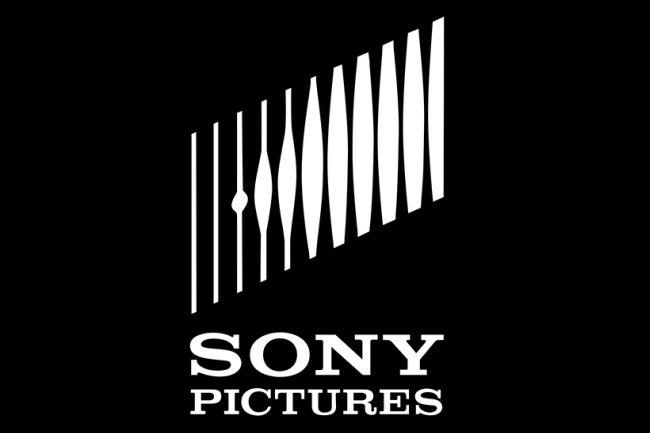
The comments, which were made off the record, come in the wake of Sony Picture’s decision to cancel releasing The Interview in the wake of recent threats against any theater that dare show the film. The latest statement from hacker group Guardians of Peace warned anyone who might see the movie should “Remember the 11th of September 2001.”
U.S. intelligence officials stated that the threats weren’t credible, but that didn’t stop theaters from canceling plans to air the film. Sony’s decision the to halt its release came only after America’s four largest theater chains declared they would not be showing The Interview.
Credible or not, the strong language found in the latest threats may force the U.S. government to respond. What started as a particularly malicious attack against a single company has now spilled over to a general threat against American citizens. At this point, though, the official government response has not been decided – which is why the comments made to The New York Times (and others, including CNN) are off the record.
This is not the end of the mystery, as whatever evidence has been collected is not yet public. It may some time before the world knows with absolute certainty who was behind the hack (if we ever know at all), but North Korea looks a more likely culprit with each passing day.
Image credit: Alexsander Mijatovic


